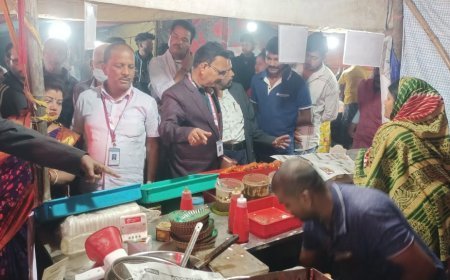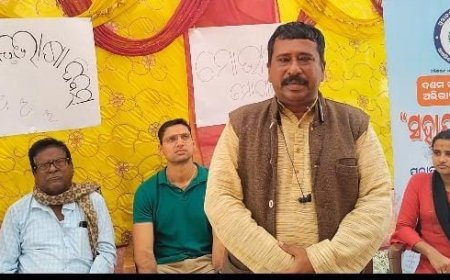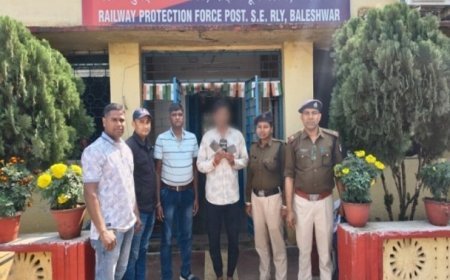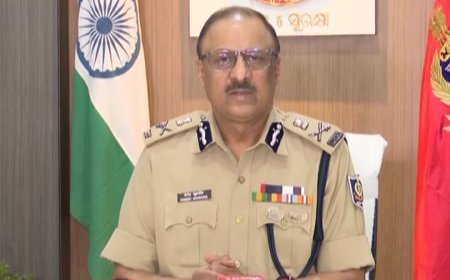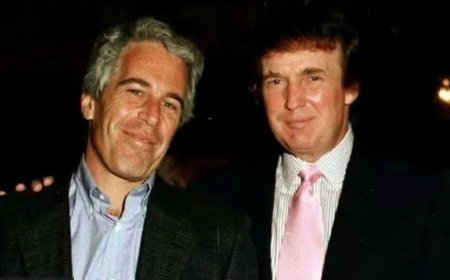Reimagining Integrity in Indian Civil Services: A Shared Reflection

Satyabrata jena, bhubaneswar
The recent case involving Dhiman Chakma, a young IAS officer of the 2021 batch from Odisha cadre, allegedly caught accepting a bribe and found in possession of unaccounted cash, has understandably shaken public confidence. Such incidents, especially when they involve officers at the very beginning of their careers, represent not just personal failure but a collective breach of trust in one of the country’s most prestigious services.
Mr. Upendra Prasad Singh, former Secretary of the Ministry of Textiles and Ministry of Jal Shakti, in his deeply reflective post, underscores a crucial point: while today’s officers may be smarter, more tech-savvy, and better informed, there has been a visible erosion in the domain of integrity. He rightly observes that although many well-meaning suggestions are being floated—like reducing the upper age limit or number of attempts in UPSC, revamping the selection and training process, or even systemic reforms—none of these alone can ensure ethical conduct. As he wisely notes, “Mahatma Gandhi once said that the world has enough for everyone’s need, but not for everyone’s greed.”
Drawing from his own career choice after graduating from IIT, Mr. Singh reminds us that compensation was never the prime motivator for joining the civil services. For him and his contemporaries, public service was a calling—life was simple, aspirations were grounded, and values were central. The contrast with today’s lifestyle aspirations among some young officers—ownership of cars, early foreign vacations, or real estate—reveals how times have changed.
In response to his post, Sanjay Pattnayak echoed the concern, agreeing that while competence has increased among the younger generation, ethical foundations have weakened in some quarters. He rightly points out that ethical grounding is not a function of age or attempts, but a deeper function of upbringing, societal influences, mentorship, and the institutional ecosystem.
Together, both perspectives advocate a multi-pronged solution to preserve the sanctity of the civil services:
1. Reinforced Ethical Training: Ethics should not be a one-time lesson during probation but a continuous process throughout an officer’s career, involving case studies, real-life scenarios, and mentorship from senior officers.
2. Stronger Systems Over Stronger Individuals: Reliance on individual integrity alone is risky. Systemic reforms, transparency, and the use of technology must reduce discretionary powers and opportunities for corruption.
3. Swift and Exemplary Punishment: The law must respond decisively. Delay dilutes deterrence. Swift punishment sends a strong message and reaffirms public faith.
*Product Name* - *Kesh Art Bhringraj & Neem Hair Cleanser for Controlling Hair fall & Dandruff*
*Product link* -
Powered by myUpchar
*Product Name* - *myUpchar 2% Salicylic Acid Serum For Acne, Pimples, Blackheads & Open Pores for both Women & Men - 50ml*
*Product Link* -
Powered by myUpchar
4. Transparency and Public Accountability: More open systems of governance and citizen oversight reduce scope for manipulation and make officers more answerable to the public they serve.
5. Cultural Introspection: As a society, we need to stop over-glorifying material success and start celebrating those who quietly and sincerely serve the nation.
Both Mr. Singh and Mr. Pattnayak affirm that the majority of civil servants remain honest and dedicated. However, it is the few who falter that damage the public perception of the many. Restoring trust requires more than disciplinary measures—it needs a cultural and systemic transformation.
Let this incident not just be a headline, but a wake-up call for introspection, reform, and recommitment—both within the services and society at large.








